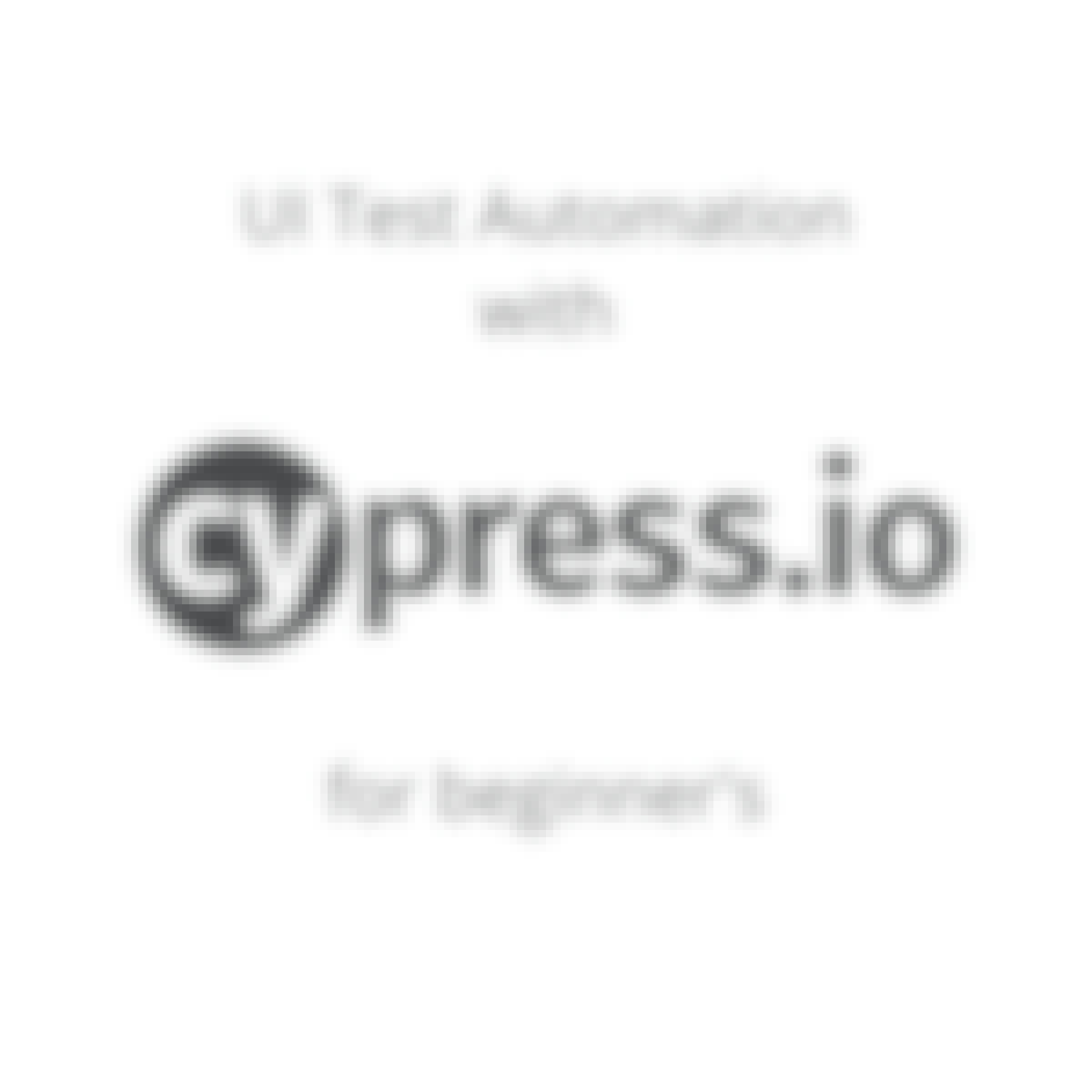Filter by
SubjectRequired
LanguageRequired
The language used throughout the course, in both instruction and assessments.
Learning ProductRequired
LevelRequired
DurationRequired
SkillsRequired
SubtitlesRequired
EducatorRequired
Explore the Penetration Testing Course Catalog
 Status: Free Trial
Status: Free TrialImperial College London
Skills you'll gain: Health Technology, Data Visualization Software, Telehealth, Agile Methodology, Health Disparities, Health Informatics, Health Care, Health Care Procedure and Regulation, Health Systems, Electronic Medical Record, Health Information Management, Interoperability, Public Health, Epidemiology, Tableau Software, Digital Transformation, User Centered Design, Technology Strategies, Big Data, Analytics
 Status: Free Trial
Status: Free TrialJohns Hopkins University
Skills you'll gain: Artificial Neural Networks, Image Analysis, Event-Driven Programming, C and C++, Scalability, Deep Learning, Software Development, Machine Learning Methods, Performance Tuning, Linear Algebra, Distributed Computing, System Programming, Computer Graphics, Computer Hardware, Computer Vision, Numerical Analysis, Computer Architecture, Data Processing, Data Structures, Performance Testing
 Status: Free Trial
Status: Free TrialDeepLearning.AI
Skills you'll gain: Generative AI, PyTorch (Machine Learning Library), Data Ethics, Deep Learning, Machine Learning, Image Analysis, Artificial Neural Networks, Performance Testing, Machine Learning Algorithms
 Status: Free Trial
Status: Free TrialJohns Hopkins University
Skills you'll gain: Sampling (Statistics), Bayesian Statistics, Probability & Statistics, Statistical Inference, Statistical Methods, Probability, Probability Distribution, Statistical Analysis, Biostatistics
 Status: Free Trial
Status: Free TrialSkills you'll gain: Statistical Hypothesis Testing, Statistical Methods, Sample Size Determination, Statistical Inference, Estimation, Statistics, Probability & Statistics, Sampling (Statistics), Statistical Analysis, Microsoft Excel, Excel Formulas, Decision Making
 Status: Free Trial
Status: Free TrialSkills you'll gain: Product Testing, Laboratory Testing, Personal Care, Safety Assurance, Chemistry, Microbiology, Biology, Product Development, Regulatory Compliance, Innovation

Coursera Project Network
Skills you'll gain: Test Automation, Test Tools, Automation, Node.JS, Configuration Management

Skills you'll gain: Infectious Diseases, Pathology, Patient Evaluation, Epidemiology, Microbiology, Public Health and Disease Prevention, Internal Medicine, Laboratory Testing, Neurology, Public Health, Biology, Chronic Diseases, Patient Treatment, Preventative Care, Health Care
 Status: Free Trial
Status: Free TrialUniversity of Colorado Boulder
Skills you'll gain: System Design and Implementation, Verification And Validation, Computer Engineering, Programming Principles, Development Testing, Simulations, Hardware Architecture, Functional Testing, Debugging
 Status: Free Trial
Status: Free TrialKennesaw State University
Skills you'll gain: Statistical Hypothesis Testing, Six Sigma Methodology, Lean Six Sigma, Process Improvement, Process Analysis, Statistical Methods, Statistical Analysis, Statistics, Data Analysis, Analytical Skills, Variance Analysis
 Status: Free Trial
Status: Free TrialUniversity of Alberta
Skills you'll gain: Reinforcement Learning, Solution Architecture, Artificial Intelligence, Performance Testing, Artificial Neural Networks, Machine Learning Algorithms, Markov Model, Algorithms, Debugging
 Status: Free Trial
Status: Free TrialUniversity at Buffalo
Skills you'll gain: Blockchain, Test Driven Development (TDD), Application Development, Integrated Development Environments, Software Architecture, Web Applications, Application Programming Interface (API), Software Development Tools, Software Testing, User Interface (UI), Command-Line Interface
In summary, here are 10 of our most popular pen testing courses
- Digital Health: Imperial College London
- GPU Programming: Johns Hopkins University
- Build Better Generative Adversarial Networks (GANs): DeepLearning.AI
- Mathematical Biostatistics Boot Camp 1: Johns Hopkins University
- Business Applications of Hypothesis Testing and Confidence Interval Estimation : Rice University
- Introduction to Cosmetic and Skincare Science: Olay
- Cypress UI automation testing for absolute beginners: Coursera Project Network
- Tropical Parasitology: Protozoans, Worms, Vectors and Human Diseases: Duke University
- Hardware Description Languages for FPGA Design: University of Colorado Boulder
- Six Sigma Advanced Analyze Phase: Kennesaw State University










